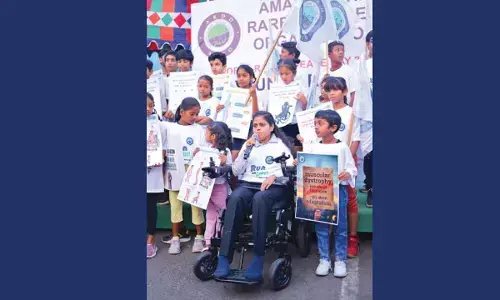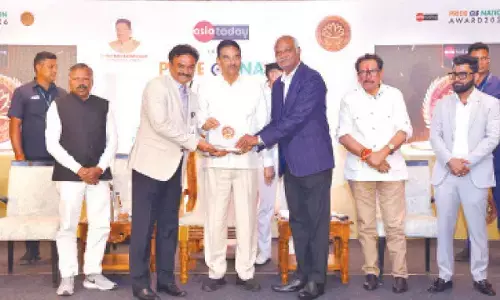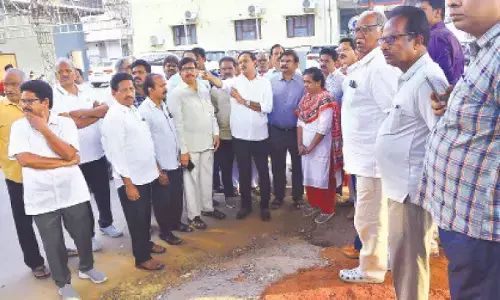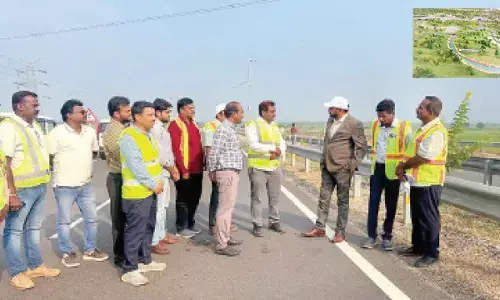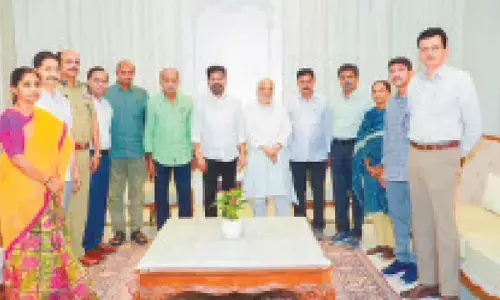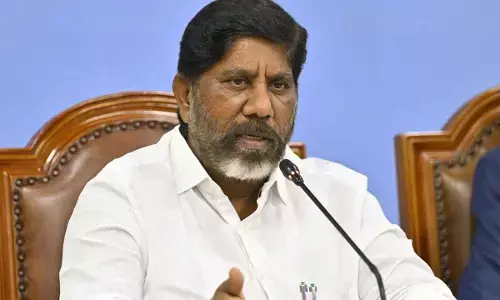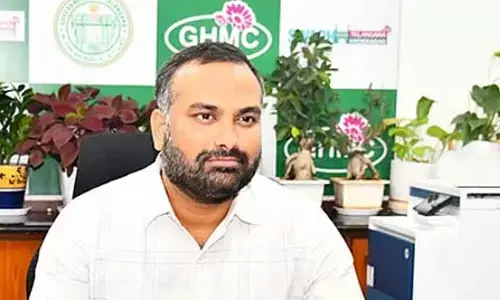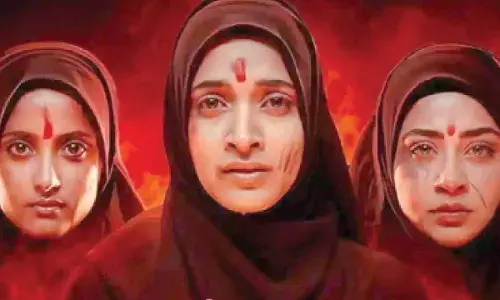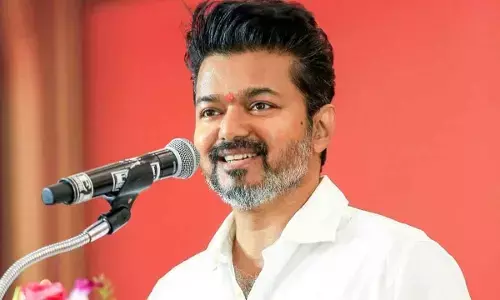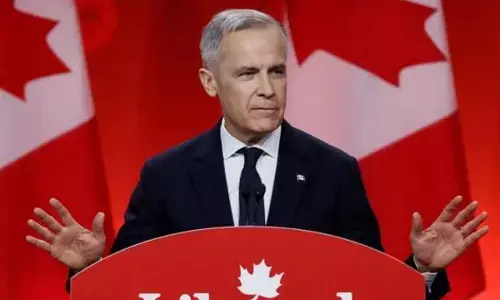Structure and functioning of the governance apparatus in postindependence India
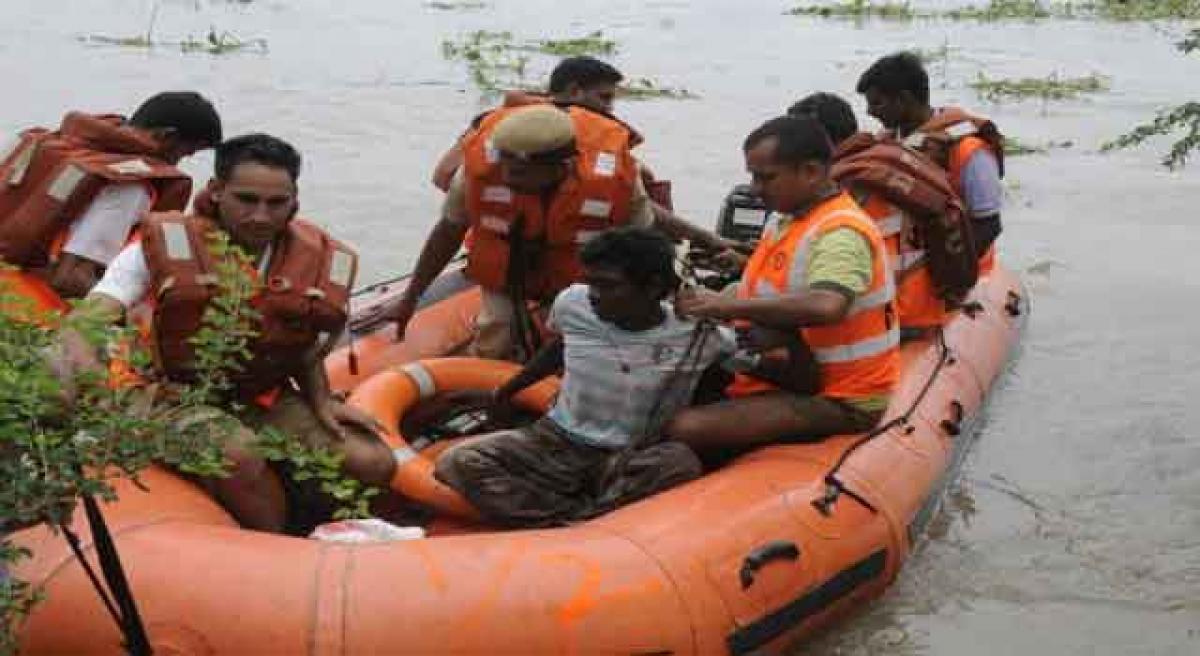
Since my return to Hyderabad after the completion of my tenure as a Member of the National Disaster Management Authority (NDMA) I have been indulging myself, doing many things I had only dreamt of doing earlier but never had the opportunity or the time actually to attempt.
Since my return to Hyderabad after the completion of my tenure as a Member of the National Disaster Management Authority (NDMA) I have been indulging myself, doing many things I had only dreamt of doing earlier but never had the opportunity or the time actually to attempt.
I have written some books, lectured on disaster management as a Visiting Professor at the Indian Institute of Technology (IIT) Delhi, am a Visiting Faculty (as an expert on Land Resource) attached to the Indo-German Centre for Sustainability at IIT Chennai, and serve as a member of the governing bodies/boards of management/courts of the some Universities such as the Central University of Rajasthan, Bandar Sindri, Ajmer, Sri Sathya Sai Institute of Higher Learning, Puttaparthi and Centurion University of Technology and Management, Bhubaneswar.
A few years ago, I headed a committee constituted by the (then) Government of Andhra Pradesh in East Godavari district of that state to investigate into the circumstances that led to the declaration, by some farmers, of a “Crop Holiday”. For the past few years I have been lecturing to youngsters preparing for the civil services examinations. The last mentioned has easily been the most interesting activity of all.
I keep asking the boys and girls whom I address, what it is that makes them feel proud to be citizens of this great country. I often offer my own feelings to them.
There are many things that fill me with pride at being an Indian.
- Easily the foremost among those is the country’s long history of being home to diverse cultures from times immemorial; its having been the incubator for ancient civilizations and the rich heritage of open armed welcome to all creeds and faiths.
- The success of the unique and stand - alone non - violent independence movement that freed India from the clutches of colonial rule.
- The vast biodiversity, and the presence of all known agro-ecological systems in the world, natural endowments that our country has been blessed with.
- The transition from the “ship-to-mouth” era of the 1960s to today’s almost embarrassing food grain surpluses, made possible by the green revolution.
- The performance of our constitutional institutions especially the Judiciary, the Election Commission and the Union Public Service Commission.
- It is indeed a glorious feeling to watch, in real time, the interplay of the three wings of the state – the executive, judiciary and legislature – vindicating the faith the constitution makers had in the doctrine of separation of powers and the system of checks and balances.
- The autonomy and freedom enjoyed by the print and electronic media. Contemporary in contrast and tech savvy, the news paper, magazine, TV documentary or channel in India today can give the best in the world a run for their money.
I often recollect the great contribution made to the stature that the press in India has today achieved; by stalwarts such as Chalapathi Rao of the National Herald, Pran Chopra of the Statesman, Arun Shorie of the Indian Express, and many others.
Voltaire said that if the press is free and people are literate democracy is safe. It is indeed gratifying to see the country marching steadily towards the attainment of these two goals.
Many more institutions, such as the Indian Council of Agricultural Research together with its network of institutions, the Indian Institutes of Technology and the Indian Institutes of Management have carved an enviable niche for themselves in the eyes of the international community.
- The performance of our youth in games and sports in many prestigious world events – in athletics, tennis, badminton, chess, cricket, rifle shooting, wrestling etc.
- The successful completion of missions such as Mangalyan and the exploration of, and the establishment of a base in, the Arctic continent.
- The amazing story of Amul in dairying and the dramatic evolution of self-help groups as a women’s thrift movement.
But if one stops there, looks around and takes stock of the overall situation one cannot help noticing that there is a substantial flip side. Once again, there are many factors that contribute to a feeling of disappointment and disenchantment, if not depression, about how we have fared as a nation in many other spheres. For instance,
The fast spreading virus of divisive trends in the country and the growing intolerance. India, after all, is not merely the country where the Vedas were born. Mahavira, Guru Gobind Singh, Gautam Buddha were also sons of this soil.
Leaders of the revolt against the oppressive regime of the Nizam of Hyderabad and some of the most distinguished members of the Judiciary and the Bar, and much respected contemporary political leaders have all come from the many strands that contribute to the rich fabric of our society – Muslims, Christians, Zoroastrians, Sikhs, Jains and Buddhists, apart from Hindus. Islam, Christianity and Buddhism are today faiths to which perhaps more people subscribe in India than in the population of some nations where they are the state religions.
Thus the advent of intolerance no matter how isolated they may be in geographical terms or how insignificant in numbers the people associated with that malady may be, is indeed as surprising as it is painful.
- The lowly rank assigned by the UNDP to India in the Human Development Index – an index that measures fundamental parameters as longevity, access to basic human needs etc.
- Babies being sold in major metropolises dispite many progressive laws on the statute book.
- The persistent and totally unacceptable barbaric treatment of women in certain parts of the country.
- The continued inability of the agriculture sector India to grow at a satisfactory rate and the consequent acute distress of the farming community leading the tragic consequence of large scale suicides by farmers.
- The alarming and unchecked deterioration and degradation of natural resources in India water, land and air.
- People dying on account of cold waves, heat waves, floods in rural areas and flooding in cities, largely on account of long years criminal neglect on the part of the central and state governments concerned in regard to putting in place the fundamental requirements of disaster preparedness and the failure to accord to that subject the priority it deserves in the national agenda.
- The fact that corruption is becoming increasingly manifest in many walks of public life – the shame of having to see political leaders, civil servants, professionals such as doctors, engineers, chartered accounts and lawyers –and even judges – tried, convicted, sentenced and jailed – and enormous trust deficit created in the minds of the public as a result.
By:Dr MOHAN KANDA


